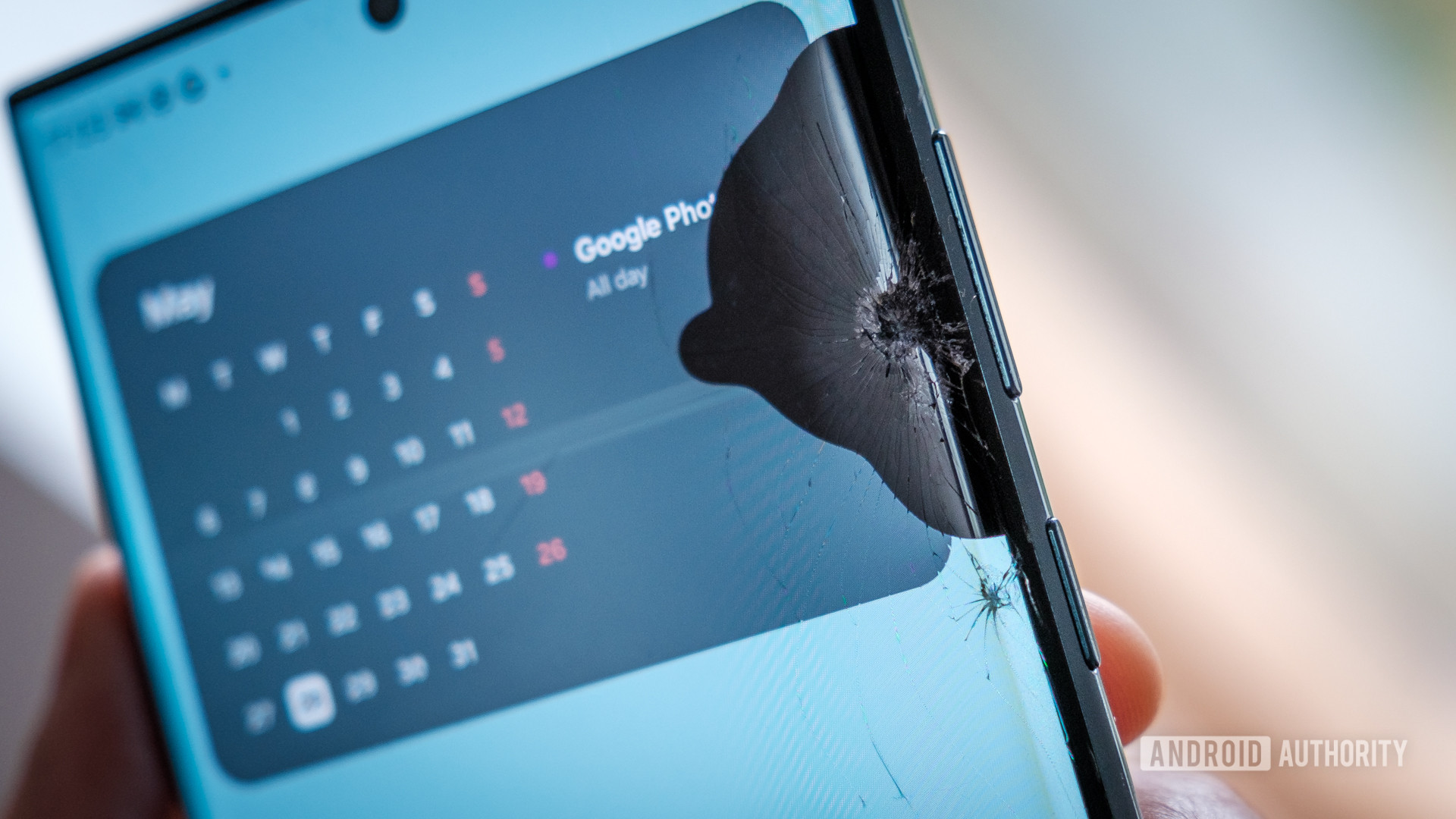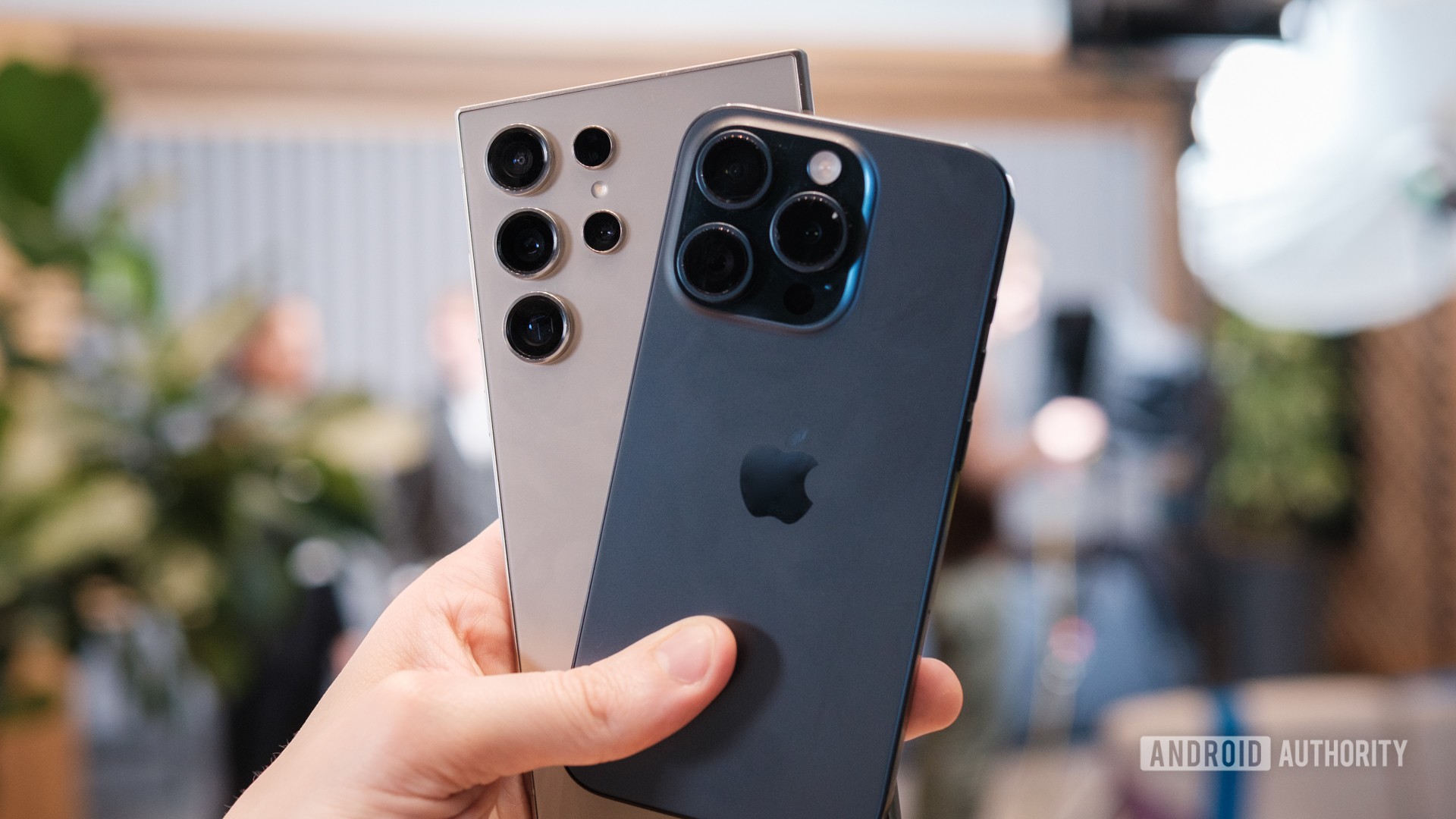Affiliate links on Android Authority may earn us a commission. Learn more.
Expensive repairs make seven years of software updates worthless, Samsung
June 1, 2024

Between Galaxy AI and an industry-leading seven years of updates, Samsung gave us plenty of good reasons to buy the Galaxy S24 series at launch. Best of all to some ears, particularly those who want to keep their investment for a long time, Samsung also appeared to be getting more serious about right-to-repair, partnering with iFixit to make it easier and more affordable to keep your phones ticking over.
However, iFixit and Samsung have broken off their partnership, with the former unconvinced that Samsung is “serious about embracing repair” owing to high component costs. In addition, reports suggest that at least some of Samsung’s repair contracts contain Apple-esque dubious terms regarding third-party components. After a promising start, it’s not been a positive outcome if you were hoping to repair your Galaxy handset.
Have you paid to repair your smartphone?
Conversely, Samsung has done a solid job leveraging its five and seven-year update policies for older phones. One UI 6.1 is making its way out to older devices just a few months after debuting on the Galaxy S24 series, complete with some (though not always all) of the latest AI features. While most of these phones are still near the start of their update, the signs are good that recent Galaxy S and Z flagships will still feel fresh many years down the line.
Between broken screens and aging batteries, phones need a parts replacement or two over seven years.
So, good news and bad news, but taken together, this is a hugely contradictory state of affairs. Seven years of software support is a long time for any gadget, but the hardware is unlikely to last that long in one piece for many users. Even if you never drop your phone and protect the screen like your life depends on it, smartphone batteries are rated to last around three years or so before degradation sets in.
I feel like I’m beating an old drum at this point: long-term software support requires long-term hardware support that isn’t subject to restrictive terms and conditions or outrageous costs. Apple’s first-party-only approach to repairs is notoriously anti-consumer. It hinders users from shopping around for the best prices or conducting repairs in regions where component stocks are low or go out of date. It’s disappointing, to say the least, to see Samsung potentially heading the same way.

No one will keep their phone for seven years when faced with battery replacements that cost up to $160 or new screens priced at the trade-in-value of an aging handset. Even if consumers will bear the costs, jumping through hoops to find “verified” parts or repair centers is a step too far for many who just want a working phone. Ultimately, consumers will buy new if the repair burden is too high. Samsung, like Apple, is raising this barrier.
Brands can throw their eco-credentials in the trash if it's more economical to buy new than repair.
Perhaps these brands are deliberately obstructive. There’s not a lot of money in $40 batteries or cheap USB-C fixes, after all. Long-term software support also costs money; perhaps Apple, Samsung, et al. are banking on trickling profits from overpriced repairs to make these software schemes viable (or keep the shareholders in the money). Who knows, but that won’t work if customers avoid the repairs to begin with.
Regardless, it’s a joke to offer seven years of software on one hand and take it away with restrictive and expensive repair policies on the other. It’s bad us, users, and equally makes a mockery of eco-credential claims. 50% more recycled packaging means nothing when you’re mining more precious metals for new phones instead of repairing otherwise functioning ones.
Apple, Samsung, and the industry’s other big players have yet to get a handle on building smartphones that last and bridging profitability with the right-to-repair. This latest Samsung debacle suggests we’re still a long way before anyone finally grapples with perhaps the industry’s biggest eco-problem and impact.
Thank you for being part of our community. Read our Comment Policy before posting.